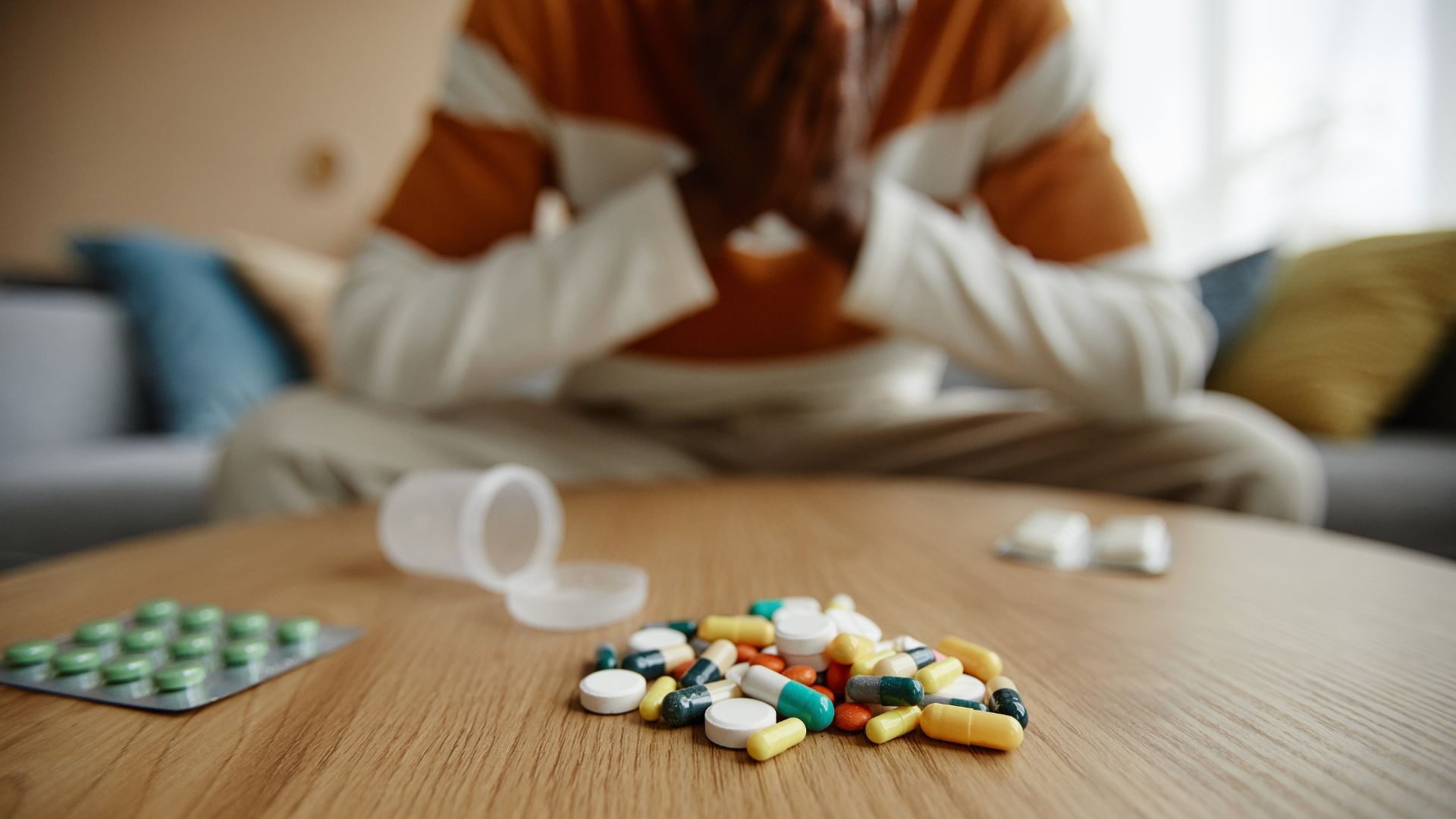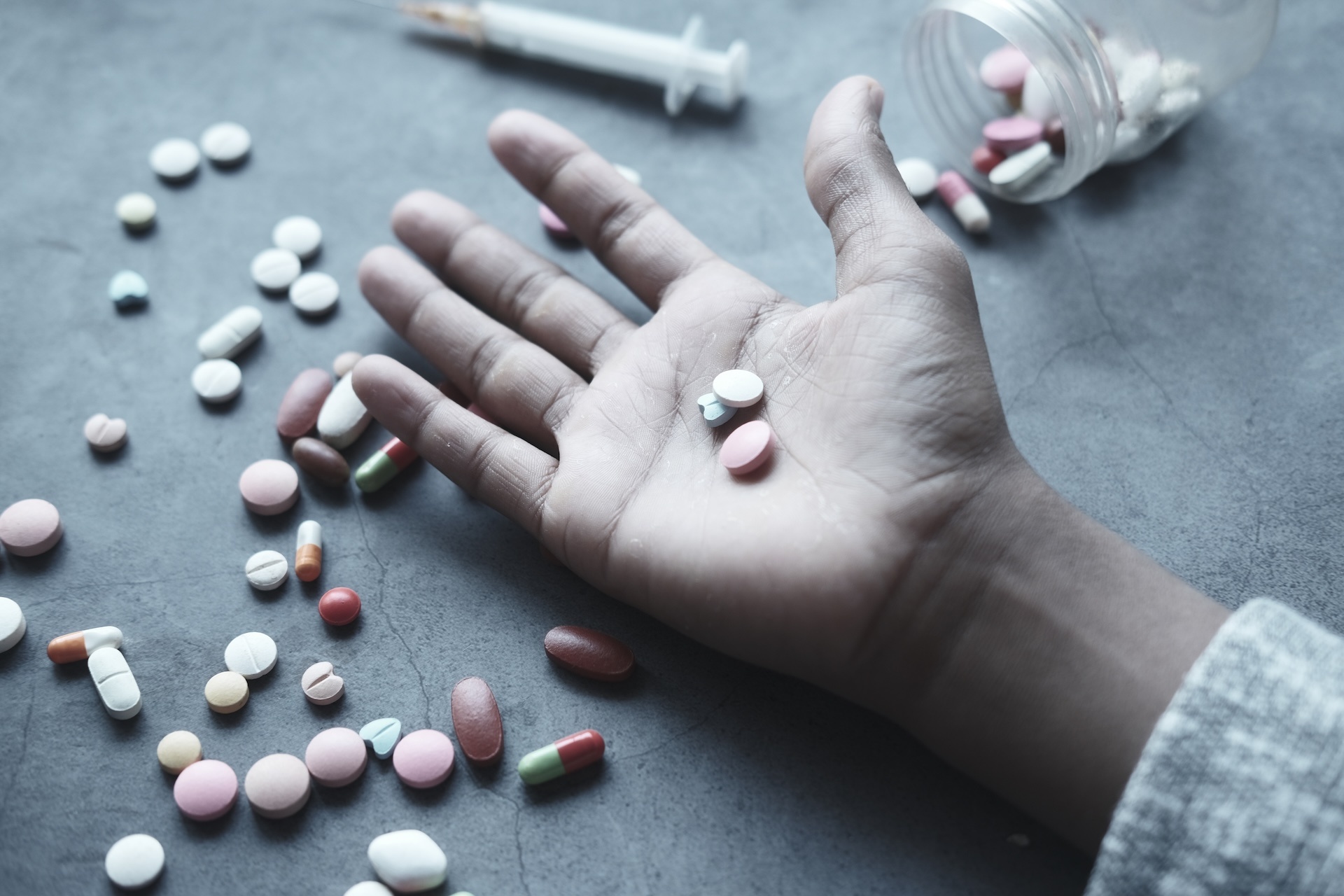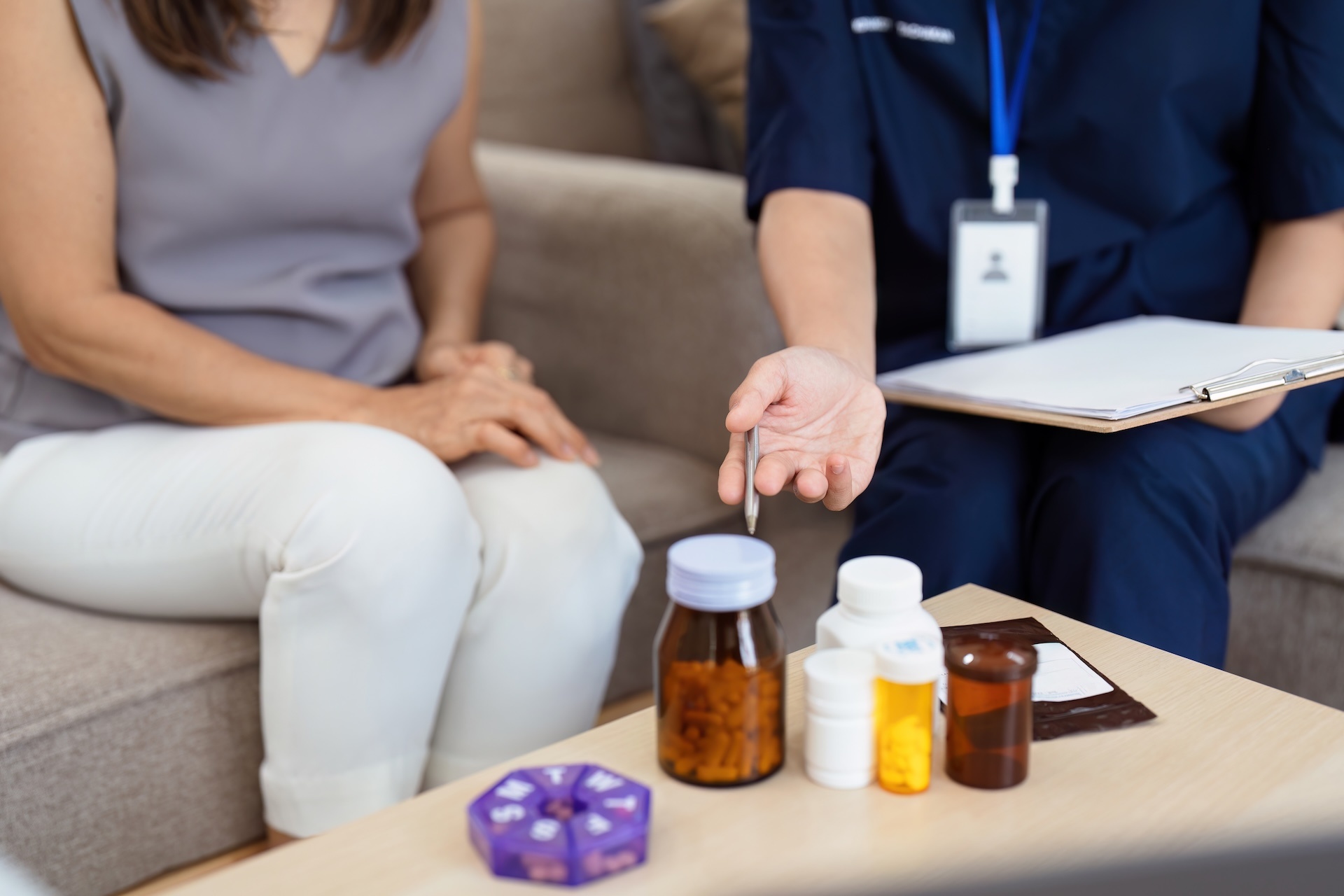Comprehensive Prescription Drug Addiction Treatment for a Brighter Tomorrow


Discover personalized solutions for prescription drug addiction treatment at The Forge Recovery Center. Start your journey to a healthier, addiction-free future today!
If you find yourself reaching for a prescription bottle more often than you’d like, feeling that your day cannot start without those pills, or if the thought of running out fills you with dread, you are not alone. The grip of prescription drug dependency can silently reshape lives, leaving you feeling isolated in a battle that seems insurmountable. But at the Forge Recovery Center, hope and help are closer than they appear. Our approach to prescription drug addiction treatment goes beyond temporary fixes, focusing on a holistic recovery that aims to heal both the body and mind. Here, every journey begins with understanding and compassion, guiding you toward a brighter, liberated tomorrow.
Understanding Prescription Drug Addiction

Prescription drug addiction occurs when the use of prescribed medications leads to physical or psychological dependence, even when initially used as directed. This form of addiction can disrupt your life, relationships, and overall well-being, making it difficult to stop without professional help.
Some of the most commonly abused prescription medications include:
Opioids: Often prescribed for pain relief, such as oxycodone and hydrocodone, but highly addictive when misused.
Benzodiazepines: Medications like Xanax and Valium, used to treat anxiety and insomnia, which can lead to dependency over time.
Stimulants: Drugs such as Adderall and Ritalin, prescribed for conditions like ADHD, but frequently misused for their energy-boosting effects.
Understanding the nature of these substances and their potential for abuse is an important step toward seeking the right support.
Causes and Risk Factors
Several factors may contribute to prescription drug addiction. Recognizing these causes can help you or your loved one identify risks and take proactive steps toward recovery. Key factors include:
Genetic Predisposition: If addiction runs in your family, you may be more vulnerable to developing a dependency.
Mental Health Issues: Conditions like depression, anxiety, or PTSD can increase the likelihood of using medications as a coping mechanism.
Chronic Pain Management: Long-term use of prescription painkillers to manage severe pain can lead to unintentional addiction.
Life stressors, such as trauma or loss, can also play a role in dependency, making it vital to address the underlying issues alongside addiction.
Signs and Symptoms
Prescription drug addiction can manifest in ways that affect your physical, psychological, and behavioral health. If you suspect you or someone close to you may be struggling, watch for these common signs:
Physical Symptoms: Changes in appetite, drowsiness, nausea, or withdrawal symptoms when not taking the medication.
Psychological Symptoms: Increased anxiety, mood swings, or feelings of euphoria followed by periods of depression.
Behavioral Symptoms: Doctor shopping to obtain multiple prescriptions, neglecting responsibilities, or isolating from loved ones.
Identifying these symptoms early can make a significant difference in seeking timely help. Remember, addiction is not a personal failure—it’s a condition that can be treated with the right support and care.
The Importance of Seeking Treatment
Acknowledging the need for help is a brave and crucial step in overcoming prescription drug addiction. Without proper intervention, the effects of untreated addiction can ripple through every aspect of your life—your health, relationships, and career. Understanding these consequences underscores why seeking treatment is essential to reclaiming your well-being and future.
Health Implications
Untreated prescription drug addiction takes a toll on both your body and mind, with effects that worsen over time.
Short-term Health Consequences: These can include respiratory depression (common with opioid misuse), impaired coordination, and increased risk of overdose. Misusing stimulants may cause heart palpitations, high blood pressure, or even heart attacks.
Long-term Health Consequences: Prolonged addiction may lead to chronic health problems such as liver or kidney damage, weakened immune function, and irreversible brain changes that impair cognitive abilities and emotional regulation.
Beyond physical damage, addiction often exacerbates mental health conditions, creating a dangerous cycle that’s challenging to break without professional support.
Impact on Personal and Professional Life
Addiction doesn’t just harm your health—it can unravel the fabric of your personal and professional life.
Relationships: Addiction strains trust and communication with loved ones. You may find yourself withdrawing from family and friends, leading to feelings of isolation and loneliness.
Employment: Maintaining a job while battling addiction can become increasingly difficult. Missed workdays, reduced productivity, and strained relationships with colleagues or supervisors may jeopardize your career.
Overall Quality of Life: As addiction consumes more of your time and energy, it can erode your self-esteem, hinder your ability to pursue personal goals, and leave you feeling stuck in a cycle of despair.
Seeking treatment not only addresses the addiction itself but also helps rebuild the aspects of your life that may feel broken. By taking this step, you can pave the way for healthier relationships, a more stable career, and an improved quality of life.
Are You Struggling with Mental Health or Addiction?
We Can Help. Call Us Now!
CALL: 877-839-1772
Personalized Treatment Approaches at The Forge Recovery Center

Overcoming prescription drug addiction requires a personalized approach that meets your unique needs and circumstances. At The Forge Recovery Center, we provide a wide range of tailored treatments to guide you toward a healthier, addiction-free life.
Comprehensive Assessment
The first step to effective treatment is understanding your unique situation. Our comprehensive assessment evaluates your medical history, substance use patterns, and personal goals to create a treatment plan designed just for you.
Medical Detoxification
Detoxing from prescription drugs can be challenging and, at times, dangerous without medical supervision. Our medically supervised detox program ensures you withdraw safely, with compassionate care to manage symptoms and keep you comfortable.
Therapeutic Interventions
Therapy is a cornerstone of recovery, helping you rebuild a strong foundation for a healthier future. We offer evidence-based approaches such as cognitive-behavioral therapy (CBT) to reshape harmful patterns, group therapy for peer support, and family counseling to heal relationships.
Medication-Assisted Treatment (MAT)
If you’re struggling with severe cravings or withdrawal symptoms, Medication-Assisted Treatment (MAT) can be a valuable part of your recovery. Using FDA-approved medications like methadone or buprenorphine, we help stabilize your condition while addressing the root causes of addiction.
Holistic Therapies
Recovery is about more than stopping drug use; it’s about achieving overall wellness. We offer holistic therapies, such as mindfulness, yoga, and art therapy, to help you reconnect with yourself and find balance in body, mind, and spirit.
Addressing Co-Occurring Disorders
When mental health challenges are intertwined with addiction, it’s essential to treat both simultaneously. Our integrated approach ensures you receive comprehensive care that addresses every aspect of your well-being.
Dual Diagnosis Treatment
If you’re battling both addiction and mental health issues, we provide dual diagnosis treatment to address these interconnected conditions. By treating both together, we improve your chances of a successful, lasting recovery.
Are You Struggling with Mental Health or Addiction?
We Can Help. Call Us Now!
CALL: 877-839-1772
Aftercare and Ongoing Support

Recovery doesn’t end when treatment does—it’s a lifelong journey. At The Forge Recovery Center, we provide the tools and support you need to maintain your progress and build a fulfilling, sober life.
Relapse Prevention Strategies
Relapse can feel like a setback, but it’s a common part of recovery that can be overcome with the right tools. We equip you with strategies like coping techniques, stress management, and personalized relapse prevention plans to help you stay on track.
Support Networks
Having a strong support system is vital to your long-term recovery. We connect you with support groups, community resources, and ongoing counseling to ensure you never feel alone on your journey to sobriety.
Prescription Drug Addiction Holding You Back? Let Us Help You Break Free
Taking the first step toward recovery is a courageous decision, and you don’t have to do it alone. At The Forge Recovery Center, we are here to guide you or your loved one through every stage of healing, offering personalized care and unwavering support. No matter how challenging your situation may feel, recovery is possible with the right help. Contact The Forge Recovery Center today to learn how we can help you build a brighter, addiction-free future. Your journey to reclaiming your life starts with a single call—take that step today.
Are You Struggling with Mental Health or Addiction?
We Can Help. Call Us Now!
CALL: 877-839-1772





